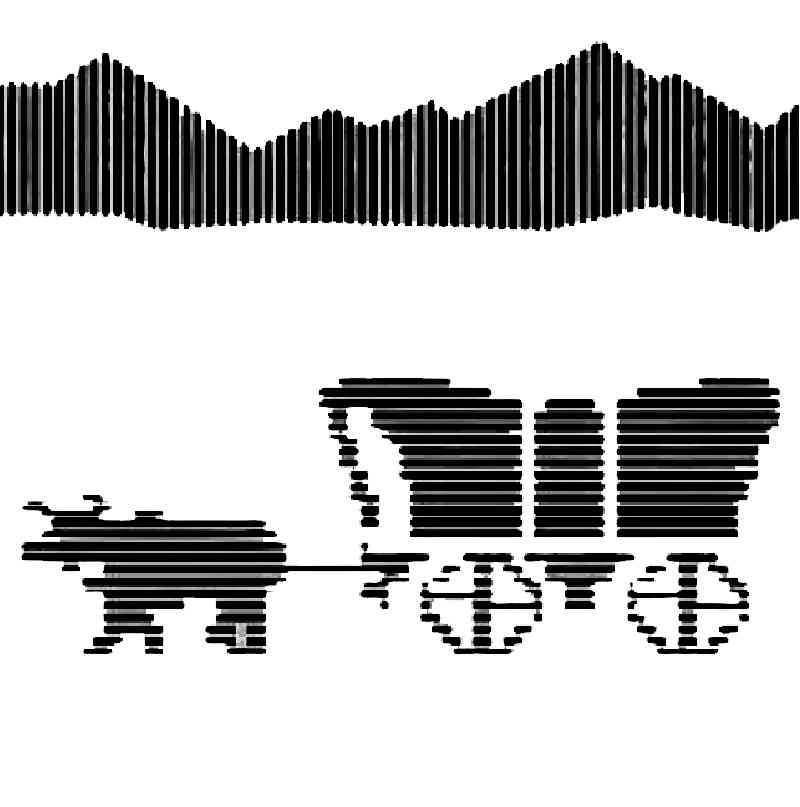“Smart drugs,” supplements, and other substances that claim to improve cognitive functions such as creativity, memory, and motivation.
Daniel Keller: How often are you leaving the house, Nora? Are you actually inside most of the time?
Nora Khan: I know I'm supposed to be going out every day. But I'm kind of an internet person, so I lose track of time really easily. So it is possible that two or three days pass.
DK: No shame, if I didn't have a dog, I would absolutely have been in the same place for a long time.
Carly Busta: But then there's also the feeling of like, I wanted to really connect with this crisis in some way that I wanted to be on lockdown. I wanted to be performing it, I wanted my life to change in a way that was correlated to the severity of this crisis or something.
NK: I understand the feeling of wanting to be part of the performance of being in quarantine. I get that and am finding it harder to have distance from what everyone else is feeling. I have to like partition myself off to what I'm actually thinking about anything because I'm taking in so much media.
DK: I feel like I've had that same effect. And it's actually sort of like nootropics, like you have like, you're like red-pilled and blue-pilled. It's like you’re taking a stack every day. You're trying to have a balanced media diet, but then, a lot of nootropics you're like, “oh, maybe I forgot to take that.” And you're not sure if your mood is because you forgot to take the thing or [because] you took it. I really do feel that I take in too many red pills and blue pills and black pills and clear pills. Time has vanished, and it's very hard to know where your thoughts start and end.
